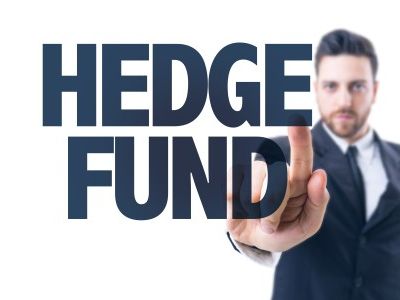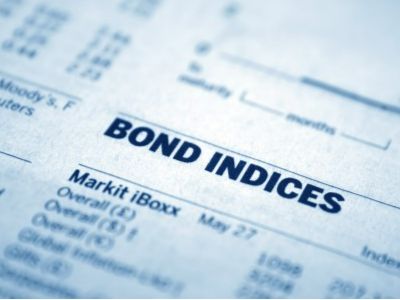Standard Chartered Bank: It is expected that the rate cut by the Federal Reserve this time will have no impact on the real economy, and it will not be effective until the second half of next year.
2024-09-19 14:04
Liu Mengji believes that it takes time for the Federal Reserve to cut interest rates, and for the effects to trickle down to the real economy. It is expected that this rate cut will not have an impact on driving the real economy in the fourth quarter of this year. Some effects are expected to be seen in the first or second quarter of next year, and significant results are expected to be seen in the second half of next year.
On the morning of September 19th, Beijing time, the Federal Reserve announced a 0.5% interest rate cut. Liu Mengji, Co-Head of Financial Markets for Standard Chartered Greater China and North Asia Region, including Hong Kong, expressed in an online meeting that this may be the Federal Reserve's attempt to accelerate the pace of interest rate cuts first, and then decide on the direction of interest rates in the future by creating room for maneuver.
Regarding when the stimulus from the interest rate cut will be felt in the real economy, he believes that it will take time for the effects of the rate cut to be felt by the real economy. He predicts that the interest rate cut will not have an immediate effect on driving the real economy in the fourth quarter of this year, and that some effects may only be seen in the first or second quarter of next year, with more significant results expected in the second half of next year.
Liu Mengji pointed out that as the Federal Reserve has cut interest rates by 50 basis points this time, there is a higher chance of another 0.5% rate cut in November to maintain this pace. As for whether there will be a rate cut in December and by how much, it will need to be observed over time. The Federal Reserve's interest rate cut cycle will likely be followed by Hong Kong, but the 50 basis point cut in the US is not expected to impact the pace of rate cuts in Hong Kong. Individual banks will follow their own policy decisions in determining the most favorable rate (P). However, if the US interest rates are to be reduced by 75-100 basis points this year, it is estimated that Hong Kong banks may also reduce their lending rates (P) within the year.
In terms of Hong Kong Interbank Offered Rate (HIBOR), Liu Mengji expects that the decrease in Hong Kong dollar rates will be less than that of US rates, narrowing the gap between Hong Kong and US rates. Therefore, the exchange rate between the US dollar and Hong Kong dollar is expected to maintain a neutral level of 1:7.8, with no significant changes in fund inflows and outflows. However, he believes that if the US interest rates are reduced by at least 75 basis points within the year, the one-month HIBOR is estimated to drop from around 3.6% to 3% by the end of the year, helping to ease the pressure on some highly leveraged businesses.
Hang Seng Bank: Expectations for a soft landing in the US and global economy are increasing. Asian risk assets are expected to benefit significantly.
UBS Wealth Management: The Federal Reserve is expected to cut interest rates by 100 basis points in 2024, and the S&P 500 is expected to rise to 5900 points by the end of the year.
RECOMMEND

AMAC: In January, 137 new asset-backed special plans were filed, with a total scale of 1122.64 billion yuan.
26/02/2025

Schroder Investment: Investors should consider allocating funds to securitized credit and insurance-linked securities.
26/02/2025

Reuss County Asset Annual Reflection: Policy Tipping Point is very clear. The semiconductor industry in 2025 is a game for the brave.
26/02/2025


